About
About LSN
Mission
The Law Society of Namibia (LSN) is a self-regulating body created in terms of the Legal Practitioners Act (1995) which serves the profession and the public by promoting justice, protecting the independence of the judiciary and upholding the Rule of Law.
Objectives
The LSN has a number of objectives articulated in section 41 of the Legal Practitioners Act, 1995. The objectives include:
To maintain and enhance the standards of conduct and integrity of all members of the legal profession;
To present the view of the legal profession;
To further the development of law as an instrument of social engineering and social justice;
To encourage and promote efficiency in and responsibility in relation to the profession;
To promote the education of lawyers at all stages and levels, with particular emphasis on the broadening of such education;
To make recommendations to interested parties in relation to the training of lawyers;
To define and enforce correct and uniform practice and discipline among members;
To give all necessary assistance to the effective implementation of any legal aid scheme established and governed under any law;
To promote social intercourse among members;
To consider and deal with all matters affecting the professional interest of members;
To cooperate with the representative bodies of other professional bodies;
To promote applied research in the development of the law and participate in the reform of law by the Government and other agencies;
To seek the enhancement of the rule of law and promote the protection of Human Rights; and
To represent, protect and assist members with regards to their conditions of practice and related matters

The Directorate

Abed Shipoke
Manager Risk and Compliance
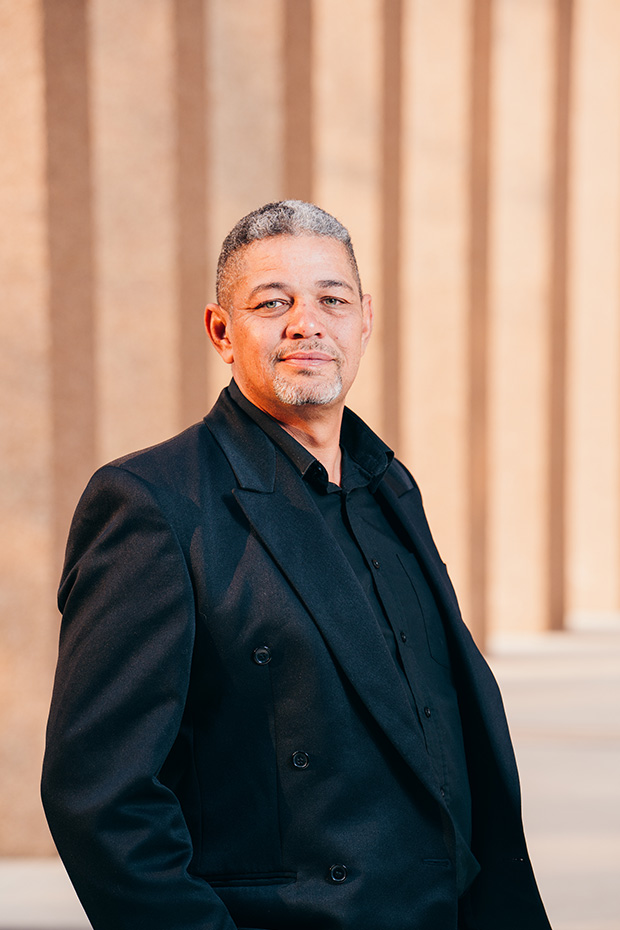
Jeremy Cloete
Manager Human Resource and Finance
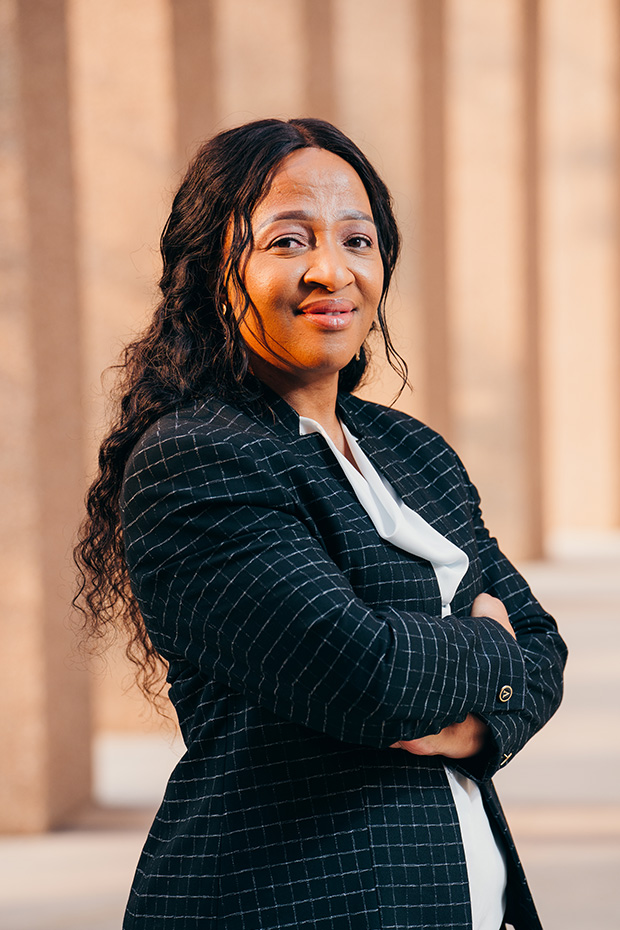
Neliswa Tjahikika
Director of the LSN

Tjiundja Kazohua
Manager Regulatory and Compliance

Alan Engelbrecht
Compliance Officer

Casey Dausas
Senior Legal Administrator

Elizabeth Shikongo
Financial Controller
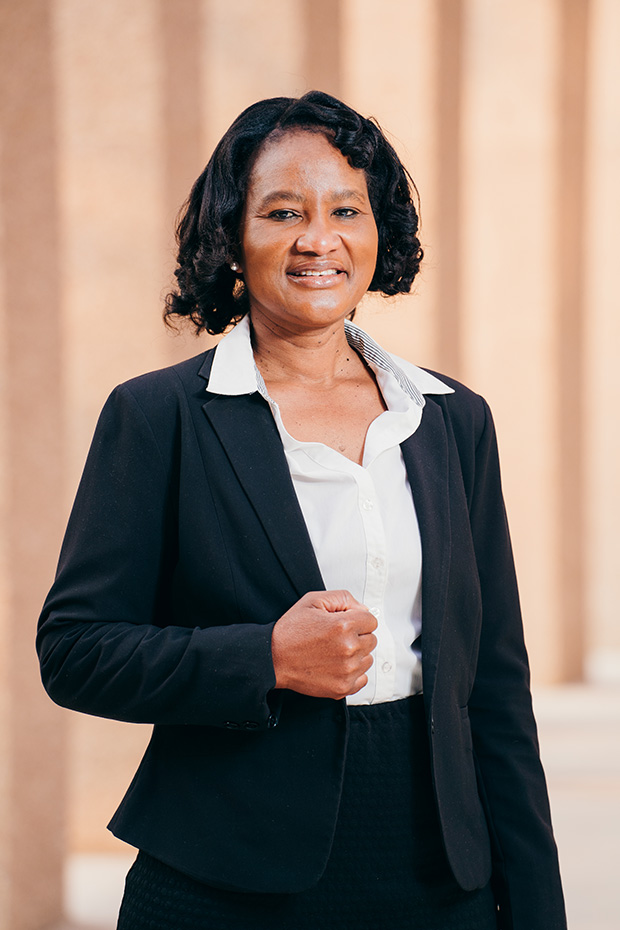
Emilie Konstantin
Librarian
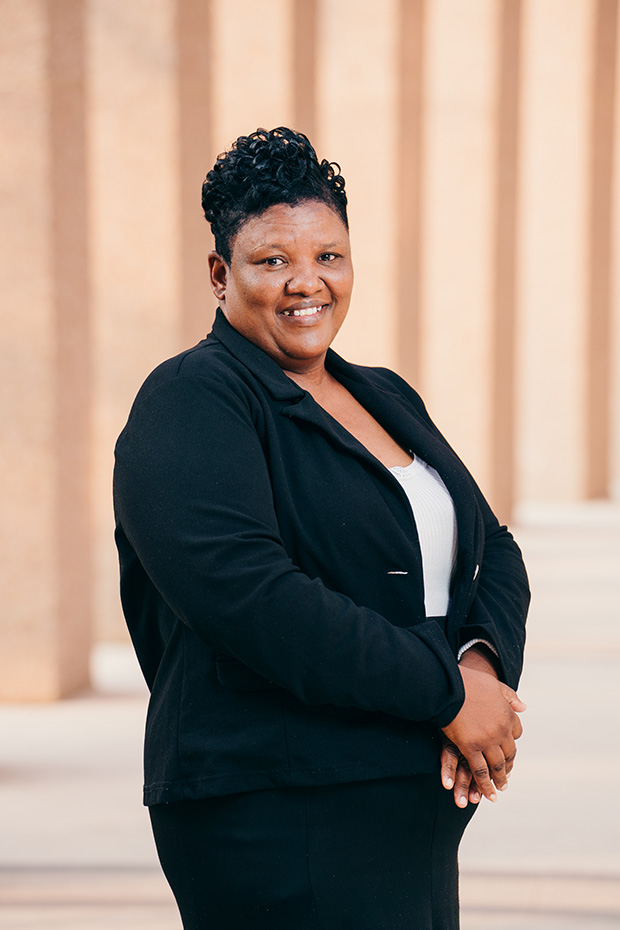
Lorraine Naris
Receptionist
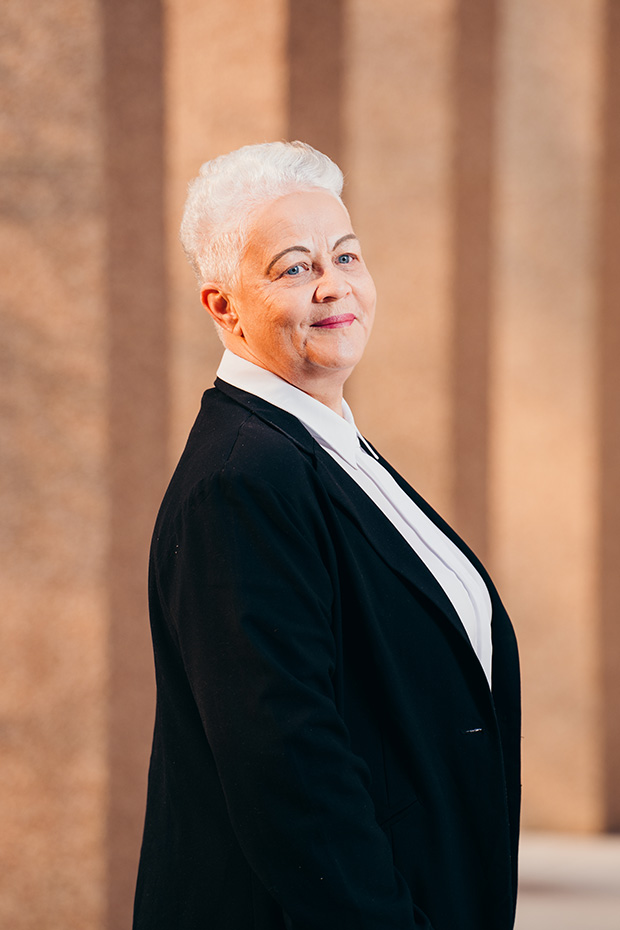
Lorraine Barnes
Assistant to the Director

Meriam Chukwunweolu
Senior Legal Administrator

Natali Quickfall
Legal Secretary
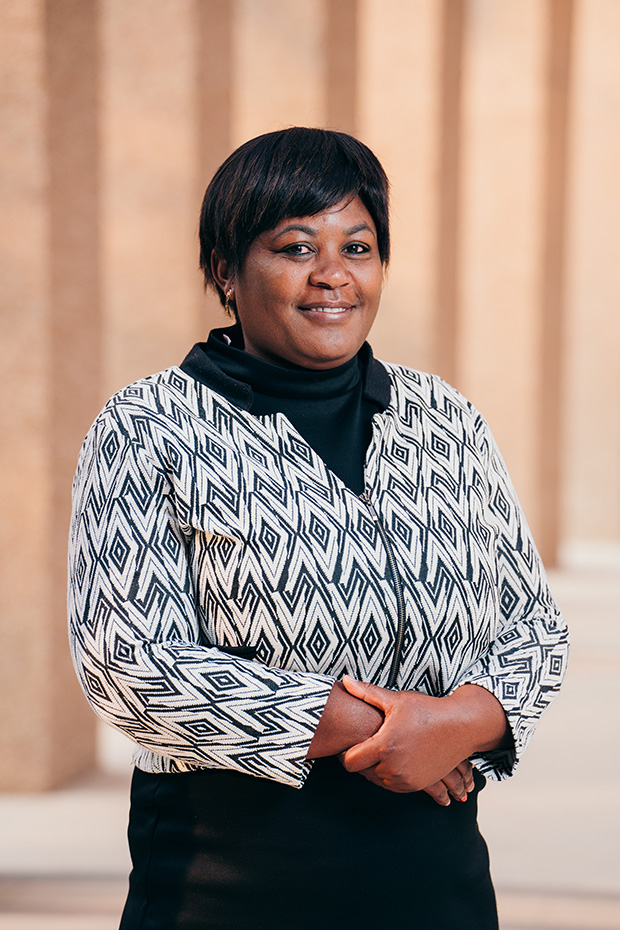
Patricia Afrikaner
Messenger and cleaner
The COuncil
The Council is responsible for the proper and effective management of the LSN. A President and Vice President are elected from the members of the Council. The President acts as Chairman of Council meetings.
The Council is responsible for convening general meetings of the LSN members, making rules providing for procedures at general meetings and keeping proper books of account of the LSN, as well as records of LSN assets and liabilities.
The Council also exercises a number of powers set forth in the Legal Practitioners Act, 15 of 1995, as amended, which includes prescribing certain rules and regulations appertaining to the practice of Law in Namibia.
A number of Council Committees have been established to assist the Council in the exercise of its functions. The Council Committees are respectively tasked with matters ranging from professional ethics to human rights.
For the purpose of addressing the needs and logistical constraints experienced by legal practitioners not practicing in the central region, Namibia is divided into three regions referred to as Circles. Members of the Council visit these regions once annually to meet with those legal practitioners practicing within those particular regions.
The Directorate of the LSN is appointed by the Council and is provided for in the Amended Rules of the Law Society of Namibia.
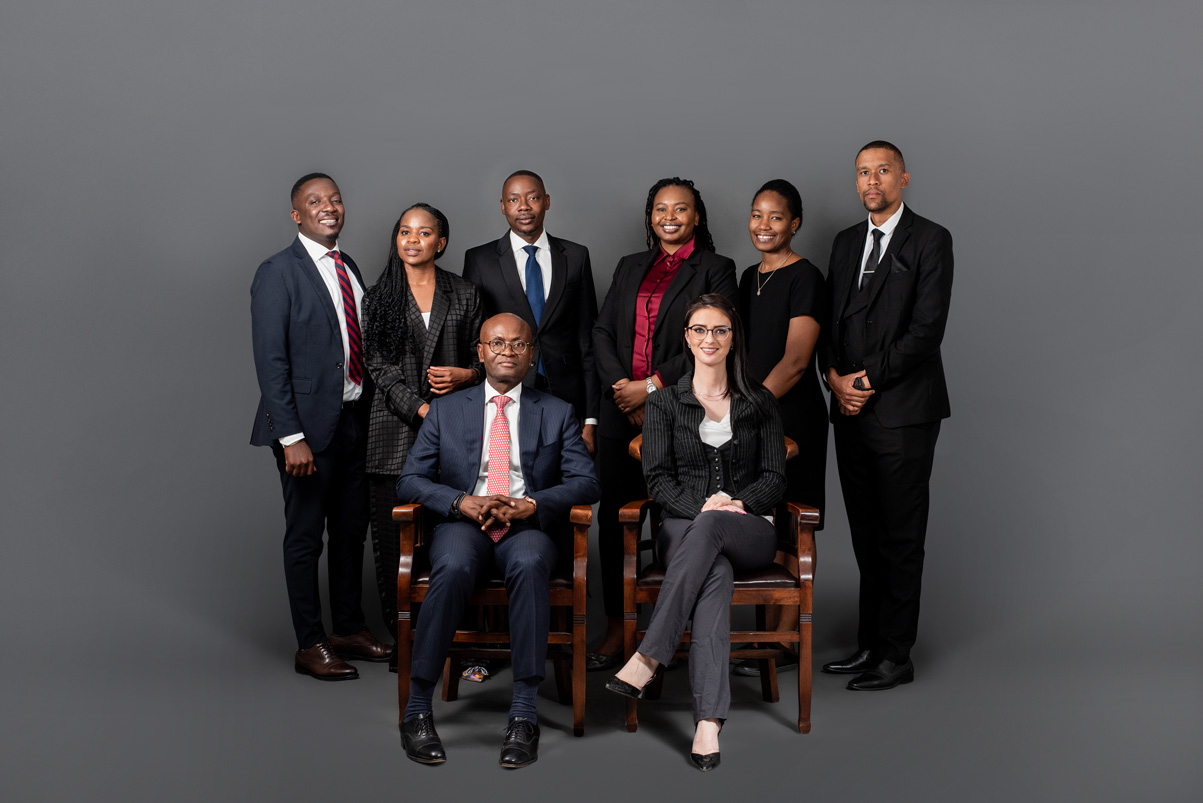
The Committee System
In addition to the Directorate, 20 committees assist the Law Society’s Council in its work. The legal practitioners serve on the committees voluntarily. They do not do it because they have to, but because they want to. They donate and dedicate their time, effort and expertise to serving the profession and as a service to the broader Namibian society without asking for anything in return.
The LSN committees which deal with matters of Public and Professional Interest include (to name but a few), the Bursaries and Sponsorships Committee that deals with bursaries awarded by the Law Society to deserving Namibians to study law; the Legal Ethics Committee that deals with the professional standards and conduct of legal practitioners; the Law Reform Committee that provides input and conducts research on the laws of our country. Other committees include the Human Rights Committee, the Access to the Law and Social Responsibility Committee, the Non-Legal Practitioners Committee, the Taxation Committee and the Sustainability Committee.
Committees which deal with matters of Legal Practice and are in general tasked with the nuts and bolts of the practice include the Legal Education and Professional Development Committee, the Civil Litigation Committee, the Criminal Litigation Committee, the Commercial Law Committee, the Labour Law Committee, the Gender, Child and Family Law Committee, the Fees and Guidelines Committee, the Property Law and Notarial Practice Committee and the Liquidations, Trusts and Estates Committee.
Current ad hoc committees of the LSN include the Mediation Committee, the E-Judiciary Committee and the Investigations Committee.
Office Hours
Weekdays | 08:00 to 17:00
Weekends | Closed
Public Holidays | Closed

Contact Info
Tel: +264 (61) 230 263 / 088
Fax: +264 (61) 230 223
legalofficer@lawsocietynamibia.org

